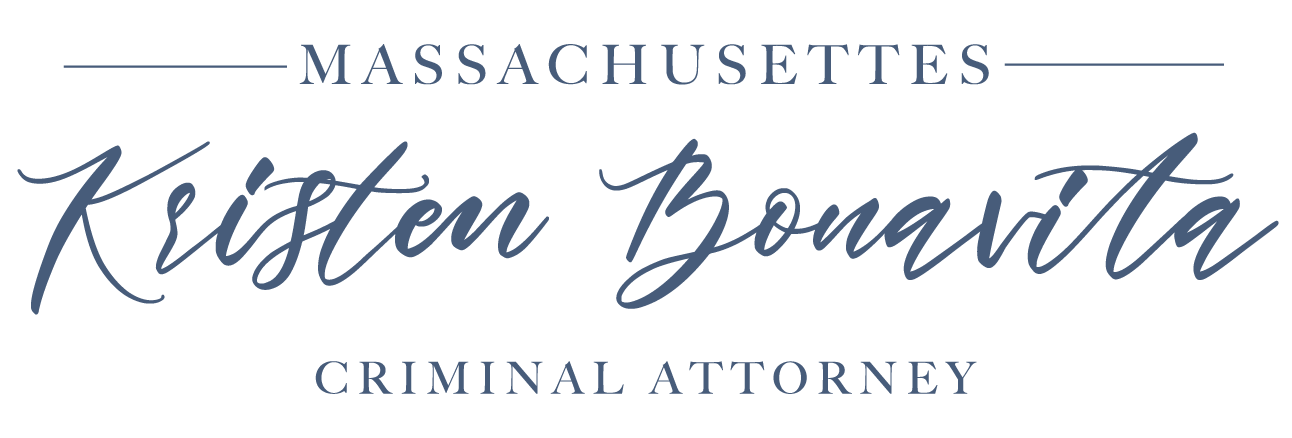There is often some confusion surrounding larceny cases, and what is required to prove fraud beyond a reasonable doubt. Two of the most common categories are larceny by false pretense and larceny by check, and if you’ve been charged with either, you should fully understand your position as a defendant.
Larceny by False Pretense
Larceny by false pretense requires a few things to prove guilt: proof beyond a reasonable doubt that a false statement of fact was made; the defendant knew or believed that the statement was false when he made it; the defendant intended that the person to whom he made the false statement would rely on it; and the person to whom the false statement was made did rely on it and, consequently, parted with property. While “false pretense” might sound like a broad term that may not work in the defendant’s favor, it can actually be quite tricky to prove larceny by false pretense beyond a reasonable doubt.
The difficulty of proving guilt by larceny by false pretense is exemplified in The Commonwealth v. Henson. In this case, a contractor (the defendant) promised to perform certain projects for a homeowner, to begin the following day, in exchange for the homeowner’s agreement to pay 50% of the contract upfront. Once the payment was made the defendant did not return for weeks, citing a busy schedule, and when he did return to the house he delivered poor, incomplete work. Feeling as if they had been defrauded, the homeowners requested a partial refund—which was never received—and accused the defendant of larceny by false pretense.
While this may sound like a damning case for the defendant, the result was exactly the opposite. The court found in favor of the defendant:
‘A defendant . . . cannot be convicted of larceny by false pretenses absent proof of an intention to deprive at the time of the representation. While deception as to a person’s present intention to perform a promise may be the basis of a conviction …, such deception cannot be inferred from the mere nonperformance of the promise.’ Commonwealth v. True.
Because there was no evidence that the contractor deliberately intended to defraud the homeowner at the time of the contract-signing, he could not be convicted of larceny by false pretense.
Larceny by Check
It often happens that an individual writes a check in exchange for services, and unbeknown to the check-writer, the check bounces due to insufficient funds. In itself, this is not considered larceny by check, as the check-maker was unaware of insufficient funds, and fully intended to pay the amount owed.
According to Mass. Gen. Laws Ann. Ch. 266, § 37: an individual commits larceny if, with the intent to defraud, she obtains goods or services in exchange for a check that the individual wrote knowing there were insufficient funds in the account from which the check draws.
As with larceny by false pretense, the defendant must show an intent to defraud by check. It is extremely difficult to prove intent in a larceny by check case. Only in the face of overwhelming evidence, and a continued and prolonged failure to make good on a failed check, will a court usually find reasonable doubt to convict. In Commonwealth v. Littles, for example, the “defendant’s conviction was upheld because evidence of her failure to make good on the bad checks she wrote was relevant and the overwhelming evidence demonstrated she conducted a check-kiting scheme.”
In this case, the defendant was only convicted because of the overwhelming evidence against her, and the presence of an ongoing scheme and pattern of dishonest dealings.
If you have been charged with larceny by false pretense or by check, you need a seasoned attorney experienced in handling fraud. For a free consultation, contact Criminal Lawyer Kristen Bonavita at 978-376-6746.
